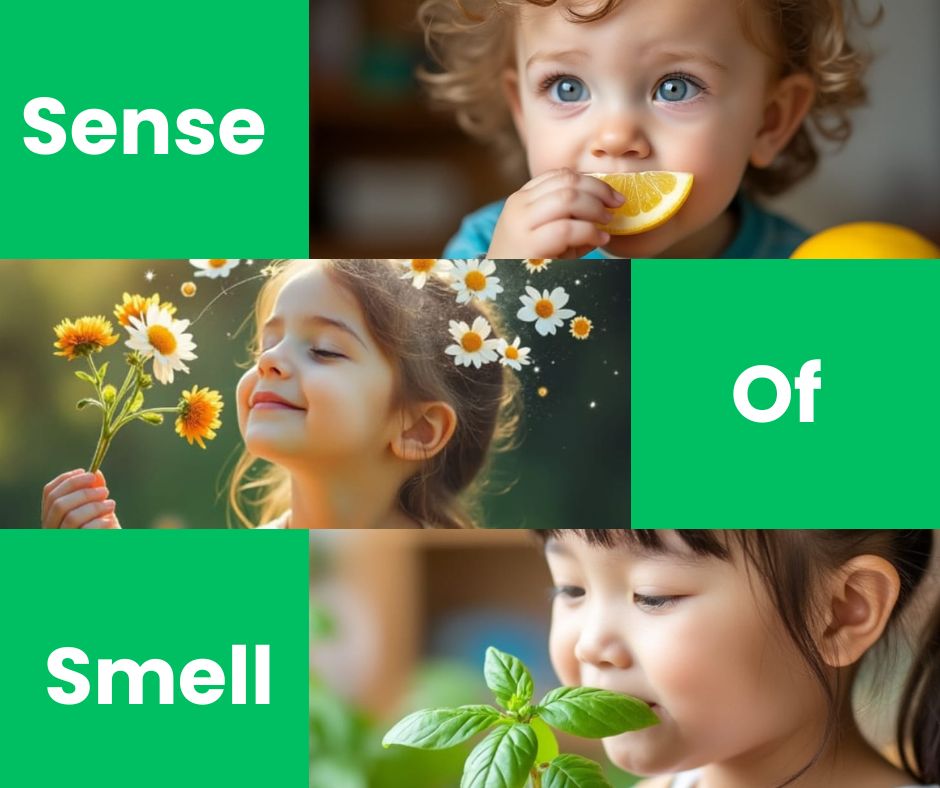
The Power of Smell for Your Child's Development
As parents, we strive to give our little ones the best possible start in life. One often-overlooked sense that plays a powerful role in their development is the sense of smell. Here's how engaging your child's sense of smell can foster their growth and learning:
Memory Making
Smell is directly linked to the brain's memory and emotion centres. Associating activities with specific scents helps your child create vivid, lasting memories. For example, pairing a children's picture book with a particular scent can make the story unforgettable.
Emotional Wellbeing
Pleasant scents, like chamomile or lavender (for example), can soothe and comfort your child, helping them manage stress and anxiety. Using these scents during bedtime routines signals relaxation and promotes better sleep.
Encouraging Exploration
The sense of smell can be used to present new things. For example, when introducing new foods, let your child smell them before tasting. This can encourage exploration, curiosity and acceptance of new tastes.
Health and Safety Awareness
Distinguishing between good smells (like freshly baked bread) and bad smells (like spoiled milk) can instil health and safety awareness from an early age.
Boosting Creativity
Scents inspire imagination. Activities like making homemade perfumes, potions, or scented playdough spark curiosity and creativity as children experiment with different sensory combinations.
Enhancing Social and Communication Skills
Discussing how scents (such as someone's perfume or the smell of the bakery) make them feel helps children express emotions, develop vocabulary, and build connections to people, places and events.
Practical Ways to Engage Your Child's Sense of Smell:
Learning Through Play: Create sensory bins/trays/jars with various scented items (like herbs, flowers, spices or citrus peel) for free pay or themed activities. Set up a perfume or potion making station with natural scents (like lemon or vanilla). Alternatively, you can add them to homemade playdough.
Nature walks: Even a short walk can be a ‘smelling adventure'! Smell the grass, the flowers, the moss, the snow.
Cooking Together: Involve your child in cooking and baking where they can smell and explore each food item as you prepare it (and smell the delicious end result!).
Daily Routines: Enhance bath time, bedtime, or story time by incorporating scents.
By nurturing your child's sense of smell, you're creating opportunities for emotional growth, safety awareness, creativity and connection – skills that will benefit them well into adulthood.
At Sense-a-Story, we believe in engaging all five external senses to enrich your child's play, learning and memories. Smell is just one of the senses we integrate into our classes to help children explore and develop holistically.


